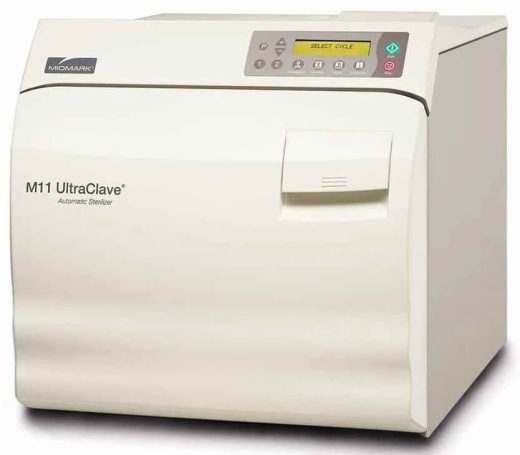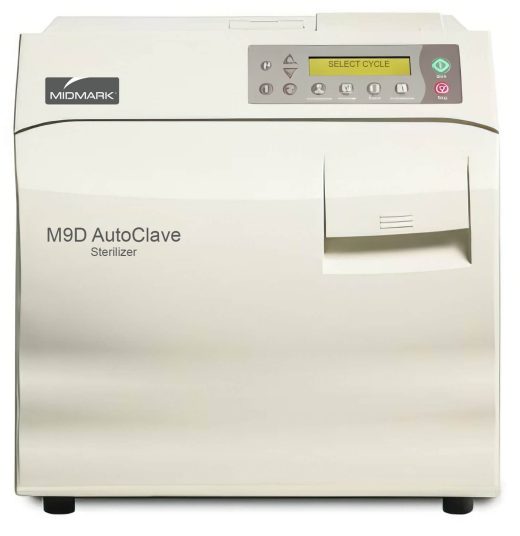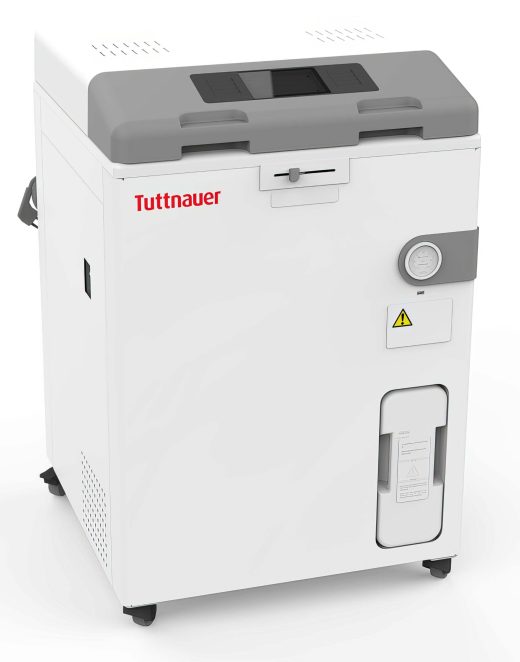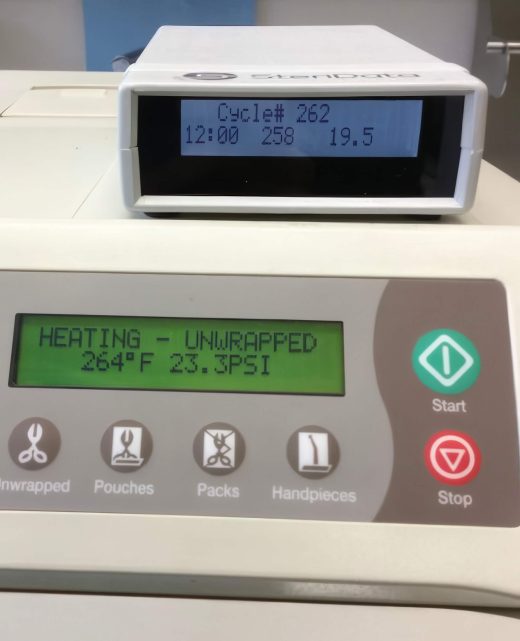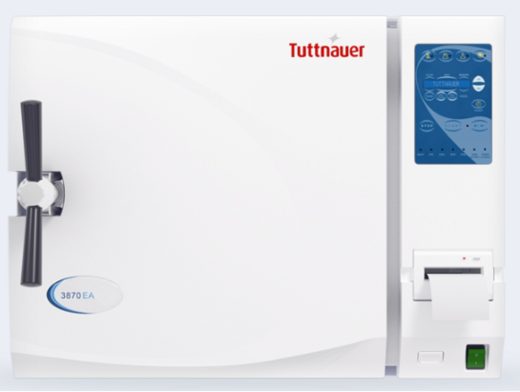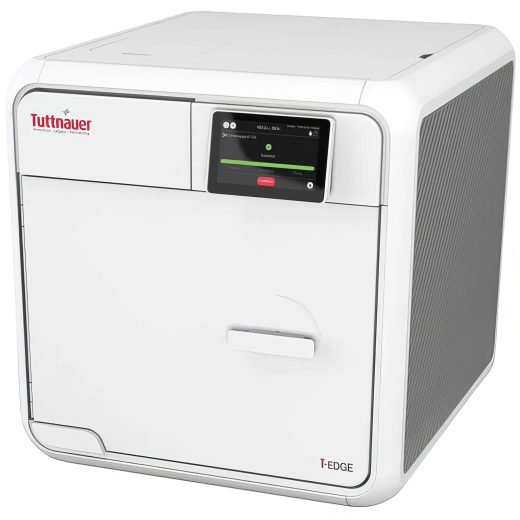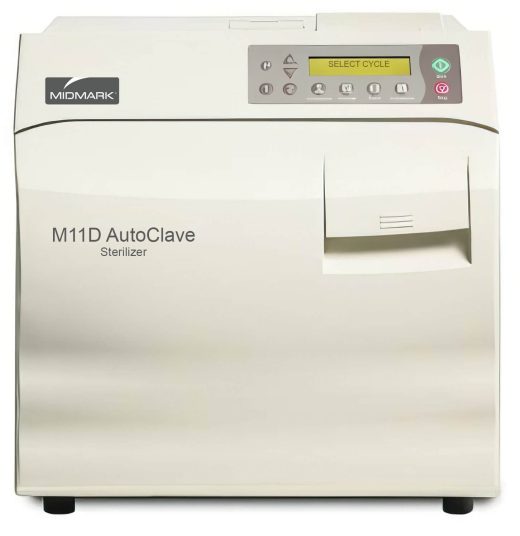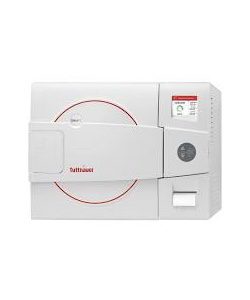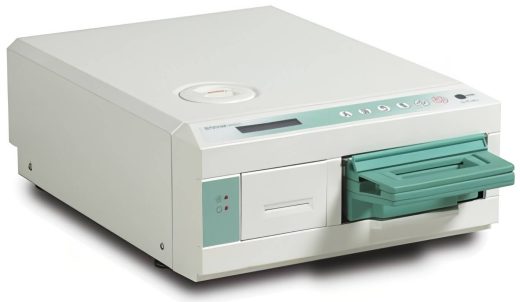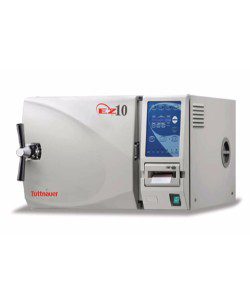Discover the Quality & Affordability of Refurbished Medical Equipment by Auxo Medical
In the rapidly evolving field of healthcare, medical equipment plays a vital role in delivering quality patient care. However, acquiring new medical equipment can be a costly endeavor for healthcare facilities, especially those operating under budget constraints. This is where Auxo Medical, a leading provider of refurbished medical equipment, comes in. In this article, we will explore the benefits and practical tips associated with purchasing refurbished equipment from Auxo Medical, and how it can help healthcare facilities meet their needs while staying within budget.
What are the Benefits of Purchasing Refurbished Medical Equipment?
When it comes to purchasing medical equipment, one option that is often overlooked is buying refurbished equipment. Refurbished medical equipment refers to equipment that has been previously owned and used, but has gone through a meticulous refurbishment process to ensure that it meets the same quality and performance standards as new equipment. Many healthcare facilities are now recognizing the benefits of purchasing refurbished medical equipment, and here, we will explore some of those advantages.
One of the main advantages of purchasing refurbished medical equipment is the significant cost savings. Medical equipment can be incredibly expensive, often making it a challenge for healthcare facilities to stay within their budget. By purchasing refurbished equipment, facilities can save up to 50-80% compared to the cost of new equipment. This considerable cost reduction allows facilities to invest their limited resources in other critical areas such as patient care and facility improvements.
Furthermore, purchasing refurbished medical equipment does not mean compromising on quality. Reputable refurbishment companies follow rigorous protocols to ensure that the equipment they refurbish is restored to its original performance standards. This involves thorough testing, replacing faulty parts, and performing any necessary repairs. Refurbished equipment often comes with warranties, giving healthcare facilities peace of mind that they are investing in a reliable and functioning product.
Another advantage of buying refurbished medical equipment is the reduced lead time. Acquiring new equipment often involves long waiting periods, as orders need to be placed, and manufacturing and shipping processes can take significant time. In contrast, refurbished equipment is readily available, allowing healthcare facilities to acquire the equipment they need quickly. This can be especially crucial in emergency situations where immediate access to equipment is vital for patient care.
Moreover, purchasing refurbished medical equipment is an environmentally-friendly option. The refurbishment process extends the lifespan of equipment that would otherwise end up in landfills, contributing to environmental waste. By choosing refurbished equipment, healthcare facilities can reduce their ecological footprint and contribute to sustainability efforts within the industry.
Additionally, refurbished medical equipment offers the opportunity for healthcare facilities to upgrade their technology without breaking the bank. As technology continues to advance, newer and more efficient equipment becomes available. However, the cost of acquiring completely new equipment can be prohibitive. By purchasing refurbished equipment, facilities can access advanced technology at a fraction of the cost, ensuring they can provide the best care to their patients.
Lastly, purchasing refurbished medical equipment allows for flexibility in budget allocation. Healthcare facilities often have limited budgets, and buying new equipment may require significant financial planning and compromises. By choosing refurbished equipment, facilities can stretch their budget further and allocate funds to other critical areas such as training staff or investing in cutting-edge treatments.
The Importance of Purchasing Refurbished Medical Equipment from a Reputable Provider
Purchasing refurbished medical equipment from a reputable provider is of utmost importance in the healthcare industry. With the ever-increasing costs of healthcare, hospitals and medical facilities are constantly looking for ways to cut down on expenses without compromising patient care. Refurbished equipment offers a cost-effective solution without sacrificing quality. However, it is crucial to source these devices from a reputable provider to ensure their reliability and safety. Reputable providers conduct rigorous testing and refurbishment processes to ensure that the equipment meets industry standards and regulations. Moreover, they offer warranties and after-sales support, giving healthcare facilities peace of mind in case any issues arise. By purchasing refurbished medical equipment from a reputable provider, healthcare facilities can save money while still providing high-quality care to their patients.
What is Auxo Medical?
Auxo Medical is a reputable and trusted medical equipment supplier of both new and refurbished equipment that boasts a wide range of high-quality products and services. Committed to meeting the ever-evolving needs of healthcare professionals, Auxo Medical offers a diverse selection of medical equipment, including imaging systems, respiratory devices, patient monitoring systems, surgical instruments, and more. Headquartered in Richmond, Virginia, the company is known for its dedication to providing exceptional customer service, high-quality and reliable refurbished medical equipment and competitive pricing. With a team of knowledgeable professionals, Auxo Medical strives to ensure that hospitals, clinics, labs and healthcare facilities have access to innovative and reliable medical equipment to deliver the highest standard of patient care.
Why Choose Refurbished Medical Equipment from Auxo Medical?
- Cost-Effective Solution:
- With refurbished equipment, healthcare facilities can save a substantial amount of money compared to purchasing brand new equipment.
- Auxo Medical aims to provide cost-effective solutions to healthcare providers without compromising on quality.
- High-Quality Standards:
- Auxo Medical follows strict refurbishment protocols to ensure that every piece of equipment surpasses industry standards.
- Their team of skilled technicians thoroughly inspects and repairs equipment, making it as good as new.
- Extensive Product Range:
- Auxo Medical offers a wide range of refurbished medical equipment, including imaging systems, surgical equipment, sterile processing equipment, patient monitoring devices, and more.
- This extensive product range allows healthcare facilities to find exactly what they need within their budget.
- Warranty and Support:
- Refurbished equipment from Auxo Medical comes with warranties and ongoing support to address any issues that may arise after purchase.
- This reassurance gives healthcare facilities peace of mind and ensures uninterrupted patient care.
Purchase your New or Refurbished Medical Equipment from Auxo Medical
If you are in need of new or refurbished medical equipment, look no further than Auxo Medical. With a wide range of options available, Auxo Medical is your one-stop shop for all your medical equipment needs. Whether you are looking to purchase new equipment for your healthcare facility or are in need of refurbished equipment to help save costs, Auxo Medical has got you covered. We ensure that all our equipment is of the highest quality and meet the necessary safety standards. With a team of knowledgeable and experienced professionals, Auxo Medical guarantees excellent customer service and expertise to help you find the perfect equipment for your specific requirements. Don’t compromise on quality or reliability – trust Auxo Medical for all your medical equipment needs. View our online medical equipment catalog of over 1100 items or contact us today to begin your purchase. Call toll-free (888) 728-8448.


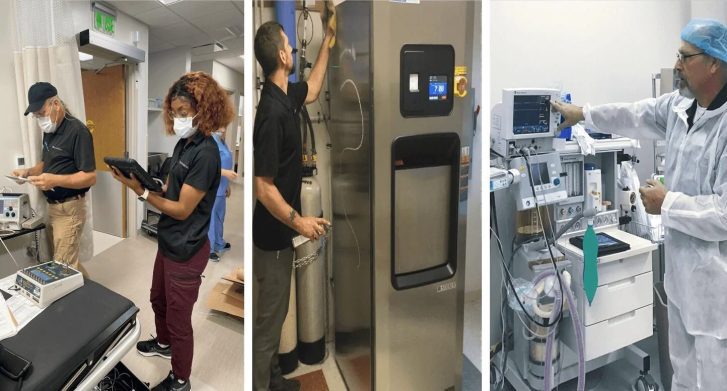
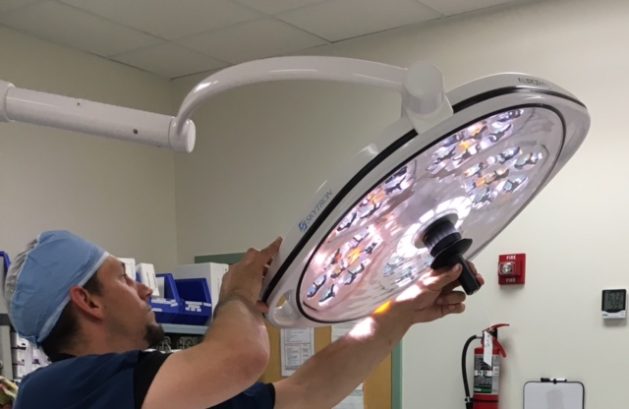
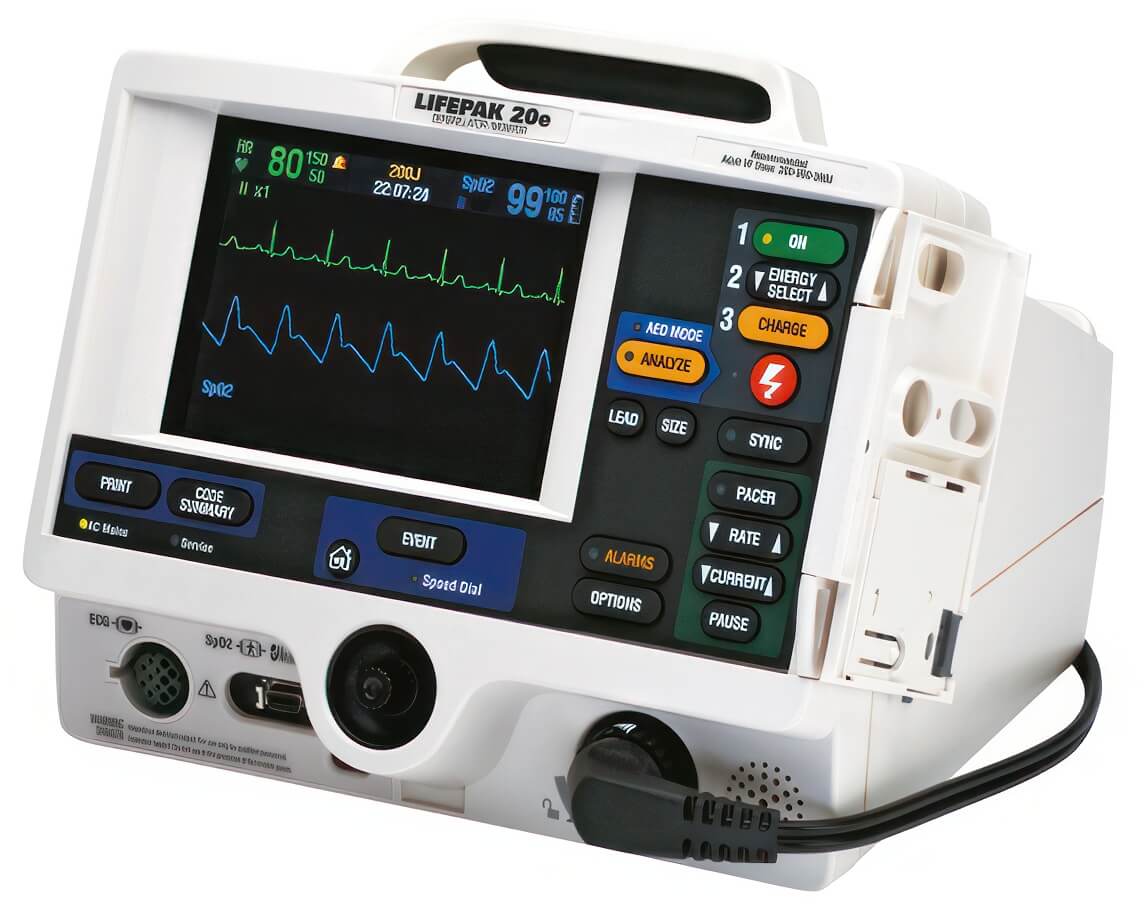 The Physio-Control LIFEPAK 20E Defibrillator is a versatile and portable device that offers a wide range of features to support emergency cardiac care. It is designed to be user-friendly, allowing healthcare professionals of all levels of expertise to quickly and effectively respond to critical situations. With its advanced technology and intuitive interface, the LIFEPAK 20E Defibrillator is a reliable choice for hospitals, clinics, and emergency medical services.
The Physio-Control LIFEPAK 20E Defibrillator is a versatile and portable device that offers a wide range of features to support emergency cardiac care. It is designed to be user-friendly, allowing healthcare professionals of all levels of expertise to quickly and effectively respond to critical situations. With its advanced technology and intuitive interface, the LIFEPAK 20E Defibrillator is a reliable choice for hospitals, clinics, and emergency medical services.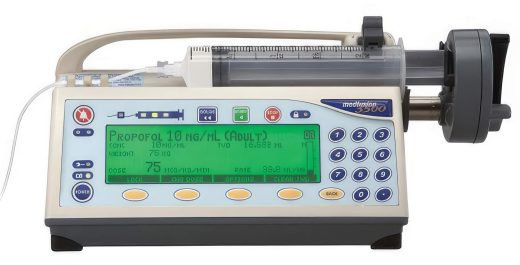

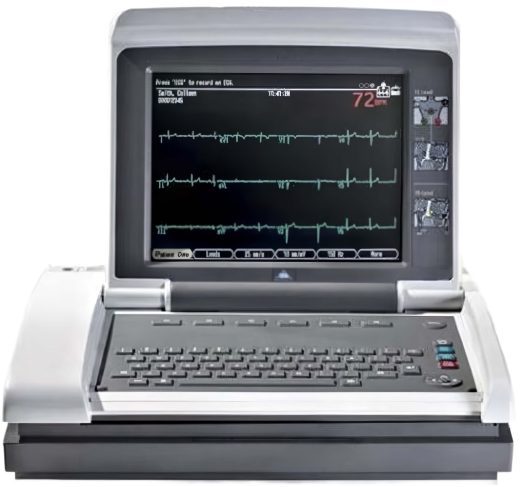
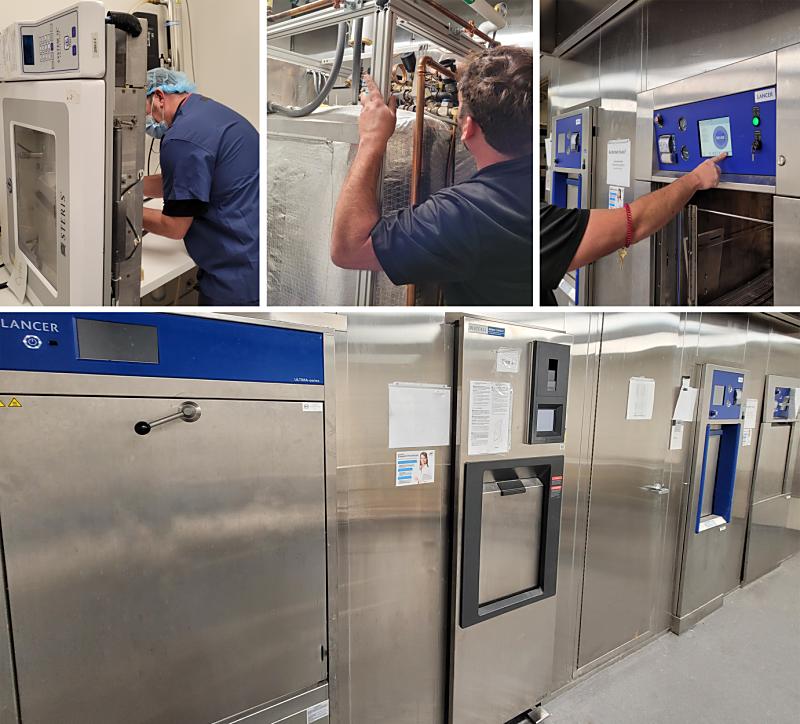 In the healthcare industry, maintaining a clean and sterile environment is crucial to ensuring the safety of patients and staff. One area that plays a vital role in this regard is the Sterile Processing Department (SPD). The SPD is responsible for cleaning, decontaminating, sterilizing, and storing medical instruments and equipment. To uphold high standards of cleanliness and prevent any potential risks or failures, it is essential to implement a solid preventive maintenance plan. In this article, we will explore the importance of such plans for your SPD.
In the healthcare industry, maintaining a clean and sterile environment is crucial to ensuring the safety of patients and staff. One area that plays a vital role in this regard is the Sterile Processing Department (SPD). The SPD is responsible for cleaning, decontaminating, sterilizing, and storing medical instruments and equipment. To uphold high standards of cleanliness and prevent any potential risks or failures, it is essential to implement a solid preventive maintenance plan. In this article, we will explore the importance of such plans for your SPD.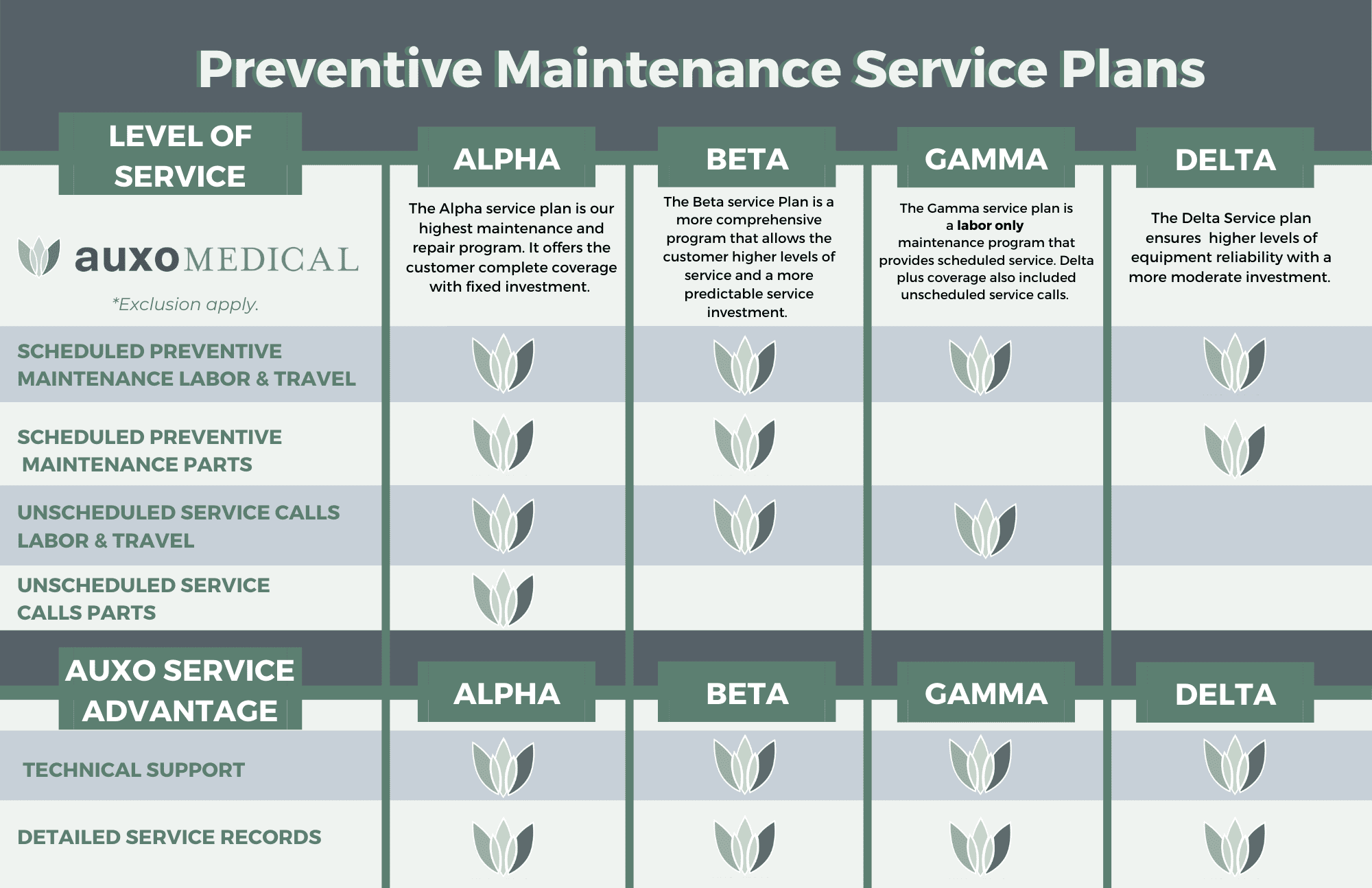
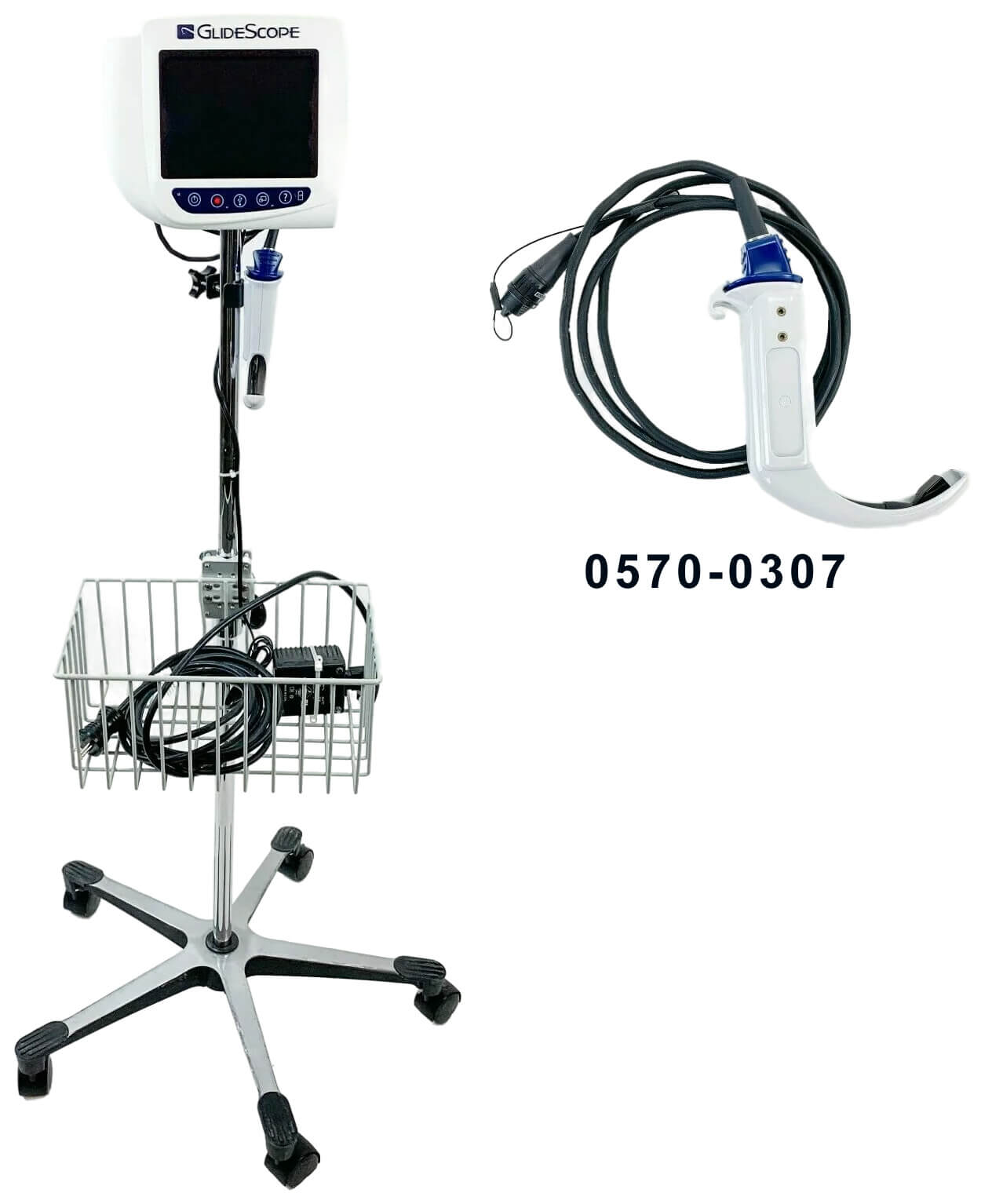
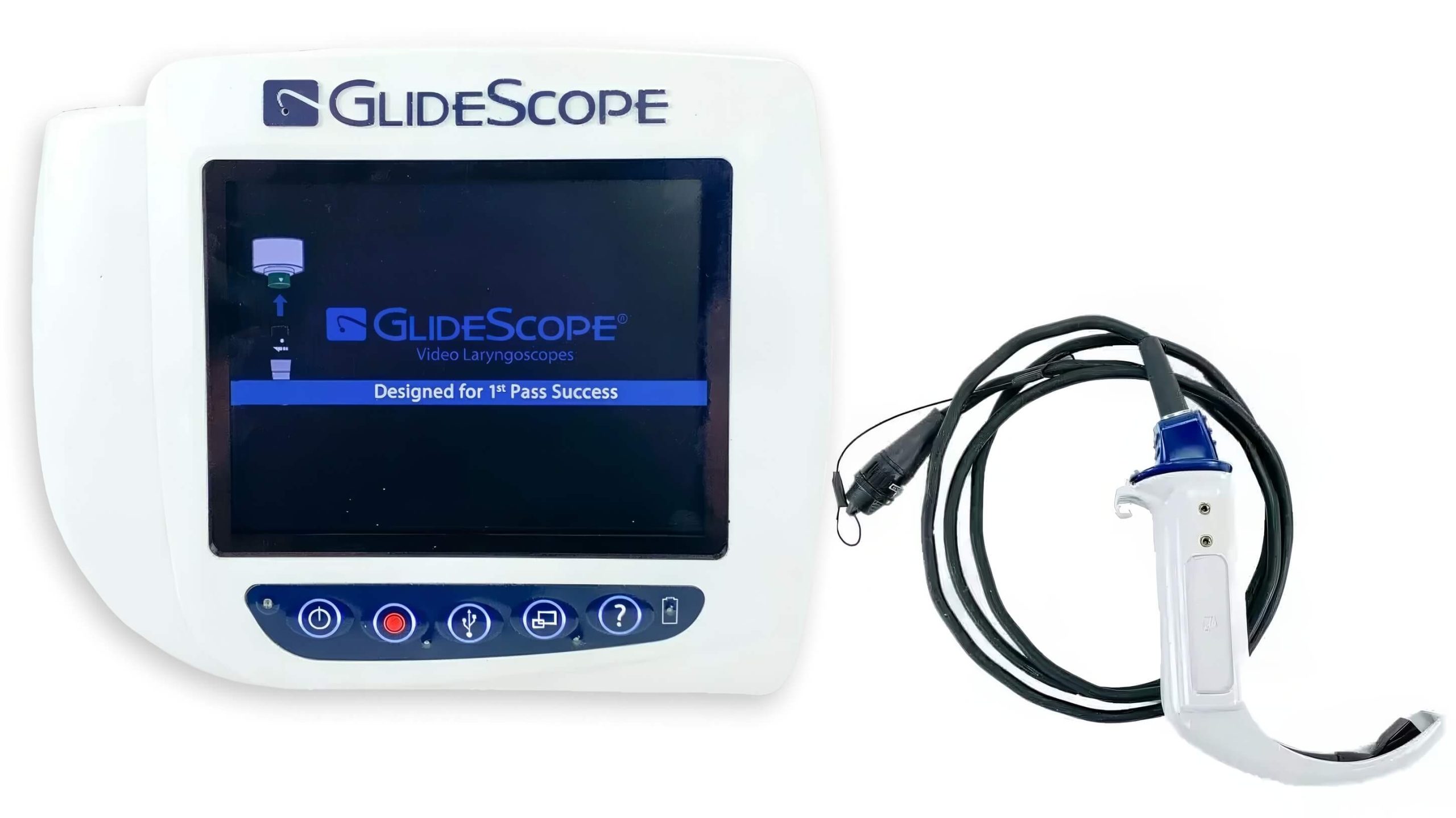
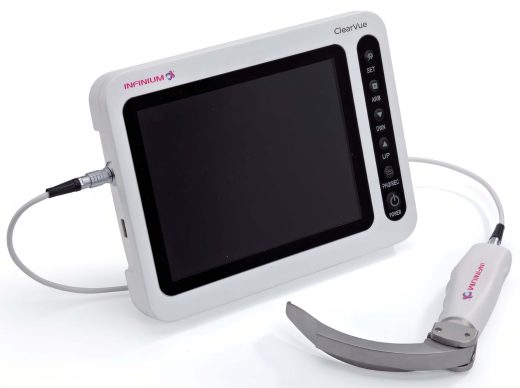
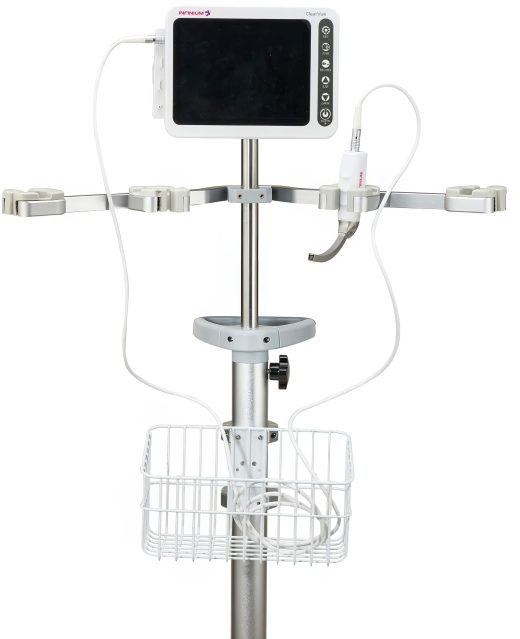
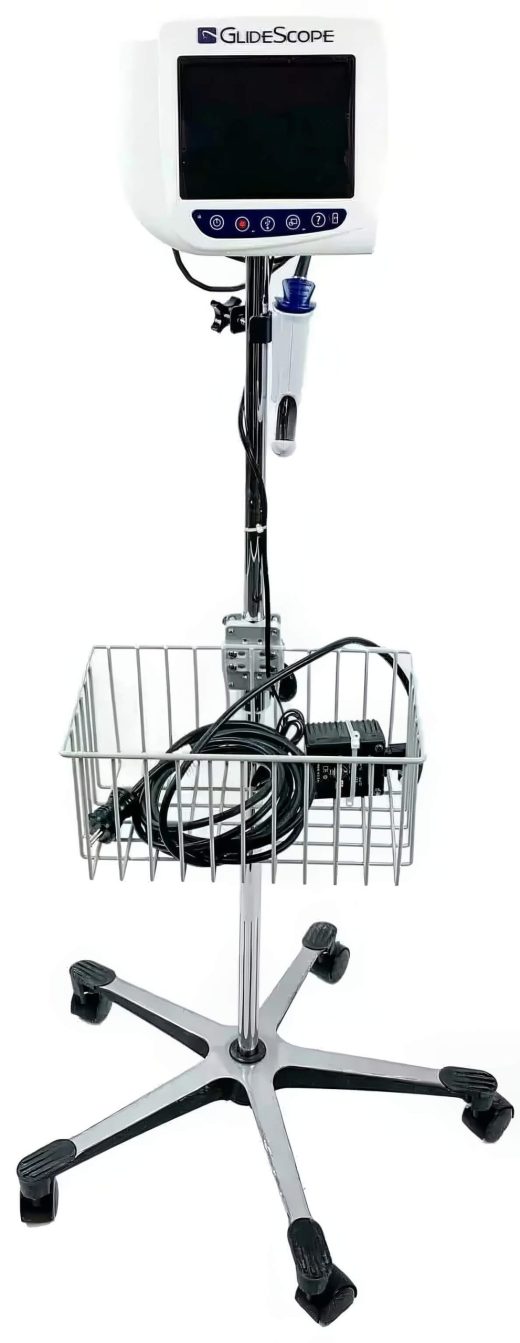
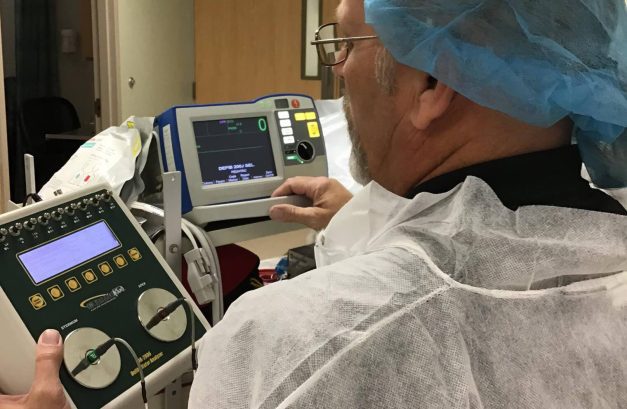

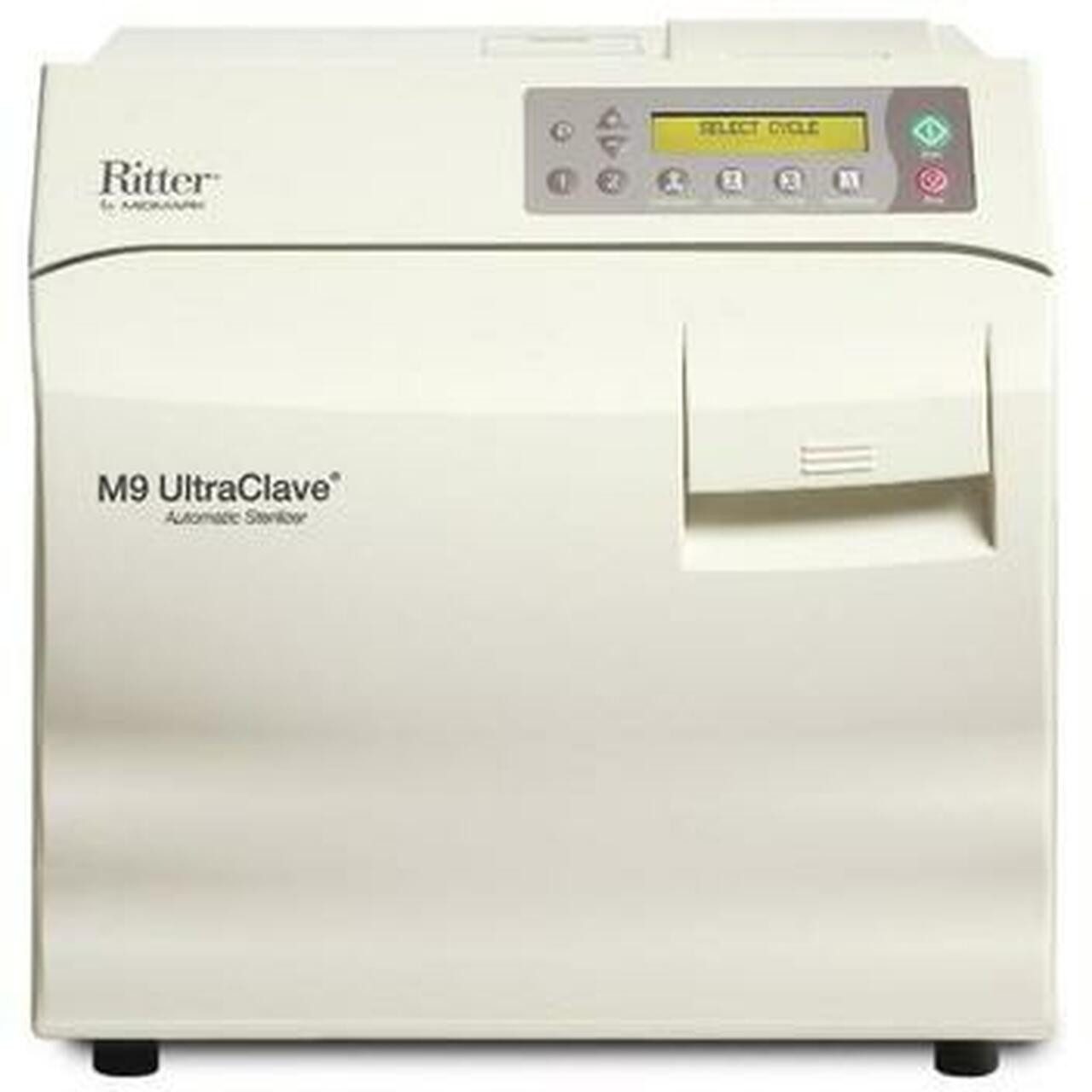 1. What is the capacity of the Midmark Ritter M9 UltraClave?
1. What is the capacity of the Midmark Ritter M9 UltraClave?




